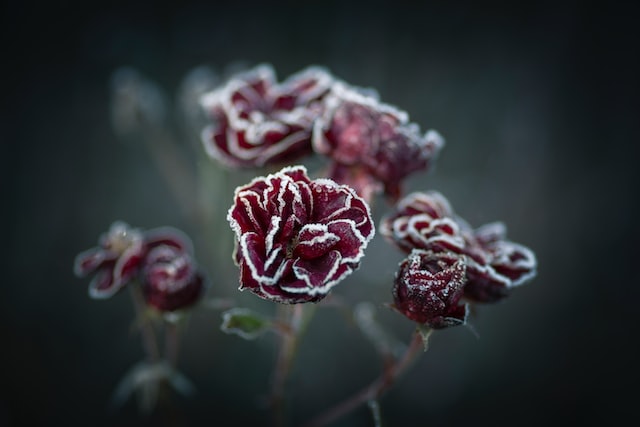Winter garden weather is a great way to relax and enjoy the outdoors. However, if you live in a colder city, it is not always possible to enjoy your garden for the whole year.
The winter months bring snow and ice which can affect your plants and flowers. This can lead to them dying or struggling due to the cold weather. The following tips will help you keep your garden healthy during winter:
– Make sure that your garden is well-lit during winter so that plants have enough light to grow.
– Grow green moss around the base of trees, shrubs, and perennials so they don’t freeze.
– Cover large pots with straw or mulch which can provide insulation against harsh conditions.
– Use drip irrigation systems which will reduce water loss by evaporation.
What are the Best Plants for a Winter Garden and How do Care for Them?
Plants are a great addition to any home in the winter. It is important to know what plants are best for your winter garden, and how to care for them.
Plants for winter gardens are usually chosen for their ability to survive in low light. The best plants for a winter garden are ones that can survive the cold and be watered less often. A good idea is to plant evergreen trees such as pine, fir, and cedar trees. Whereas some seasonal plants that are good choices for a winter garden include hydrangea, spider plants, peace lilies, ferns, etc.
For your plant to survive the winter, you should water it less often than you usually would during the warmer months. Make sure that you keep it well-watered during the summer months so that it will be able to grow in springtime.
Why You Should Plant All Season in a Winter Garden
The best time to plant a garden is in the winter.
If you are thinking of planting a garden, the best time to do it is during the winter when you can get all your gardening chores done in a short period.
When winter comes, most people feel like they need to hibernate and stay indoors for as long as possible. The idea of having an outdoor garden can be overwhelming for some people because they don’t have enough time to maintain it.
However, if you can find a way to make your garden work for you, then it will become one of your favorite places in the whole house.

Which Plants Need Colder Weather and Which Can Handle Hotter Conditions?
Cold weather plants need cold weather to survive. They are hardy and grow well in cool temperatures.
Hot weather plants need warm temperatures to thrive, so they grow best in warm, temperate climates. They are also more likely to be eaten by pests, so it’s important to keep them away from areas where they might be able to spread their seeds.
The Benefits of a Winter Garden
The winter garden is a perfect addition to your home. It provides a place for you to escape from the cold, and it also improves the overall look of your home.
Adding plants to your winter garden can provide benefits such as:
– Providing a natural source of oxygen
– Helping with allergies
– Creating an aesthetic appeal in your home
How to Prepare Your Winter Garden For The Next Season
If you’re looking to get your garden ready for the next season, winter is a great time to start. It’s colder outside, so it’s easier to protect your plants from cold weather and insects. You can also get a head start on planting new flowers and shrubs in the spring.
You can either grow from seeds or purchase plants from a nursery. Plants purchased from a nursery are generally winter hardy varieties that will be able to survive the cold months and then bloom in the spring. If you’re growing plants for your garden, you can buy some flowering bulbs like tulips or daffodils around November if you’d like them to start blooming in December.
If you want to get your garden ready for next year, start doing some winter gardening this month by getting rid of any dead leaves and planting new ones where necessary. In addition, pick up any fallen plant material and compost it. If you want to get even more creative, observe any flowers that still have some blooms on them and take cuttings to propagate your plants.
Winter is a great time for indoor gardening as well. The rainy weather can help you grow plants indoors since the ground is wet enough. You can use this time to grow herbs or houseplants that you wouldn’t normally be able to grow outdoors during the spring and summer seasons. If you haven’t already started watering your garden in preparation for next season, now would be a good time to do so.
The Best Ways to Protect Your Garden from the Cold Weather
Winter garden weather is a natural phenomenon that can cause damage to your garden. Here are some ways to protect your garden from the cold weather.
– Keep the soil moist and mulch it so that water doesn’t freeze in the ground.
– Put an insulating layer of straw over your plants and shrubs to prevent them from freezing.
